Biden wraps up Israel visit
Thu 19 Oct 2023, 10:17:03
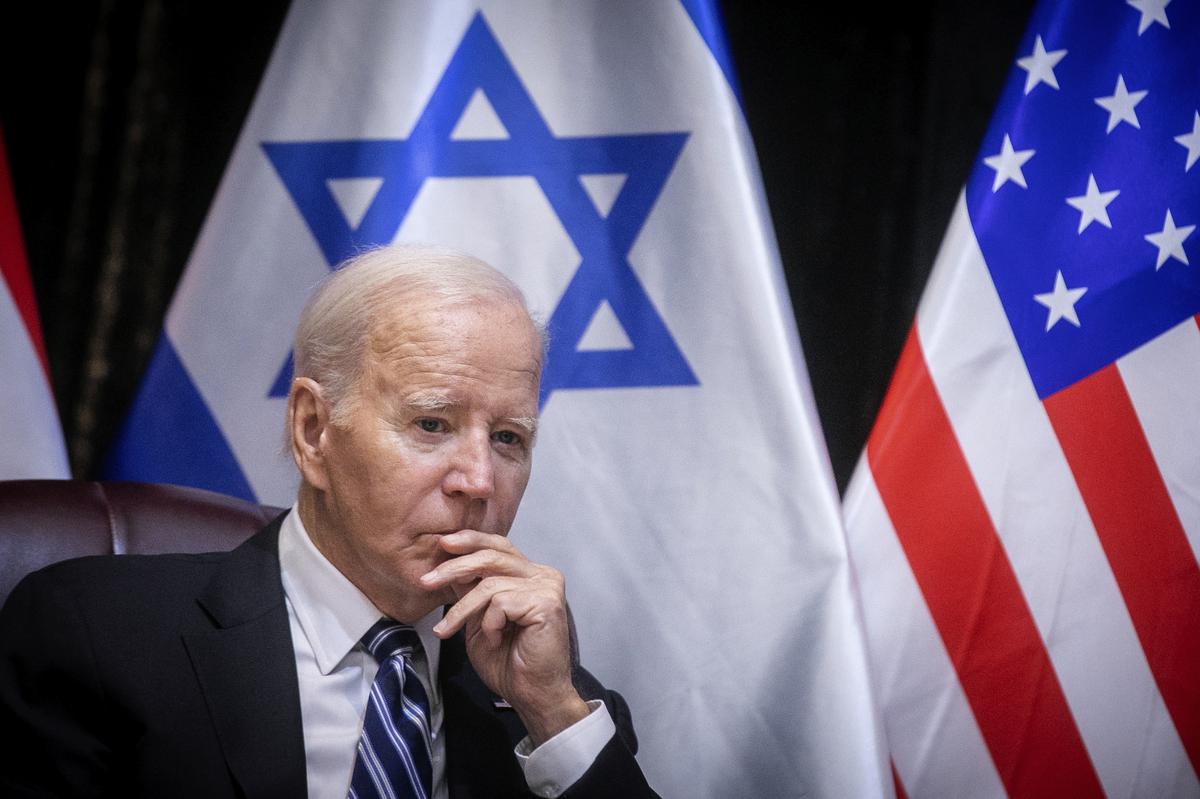
Egyptian President Abdel Fattah al-Sisi has agreed to open the Rafah crossing into Gaza to allow a first batch of around 20 humanitarian aid trucks through, US President Joe Biden said Wednesday.
"He agreed to let up to 20 trucks through, to begin with," Biden told reporters after calling Sisi from Air Force One while returning from a visit to Israel, where he was showing solidarity over the October 7 Hamas attacks.
The shipment would likely not cross until Friday, as the road at the crossing needed repairs, Biden said.
"They're going to patch the road. They have to fill in potholes to get these trucks through. And that's going to occur -- they expect it'll take about eight hours tomorrow," he said.
The first 20 trucks will be a test of a system for distributing aid without allowing the Palestinian militant organization Hamas, which controls Gaza, to benefit, the US president said.
The United Nations is set to distribute aid on the Gaza side of the border.
"If Hamas confiscates it or doesn't let it get through or just confiscates it, then it's going to end, because we're not going to be sending any humanitarian aid to Hamas if they're going to be confiscating it. That's the commitment that I've made," Biden said.
He added that the 20 trucks represented a "first tranche," but
"150 or something" trucks are waiting in total. Whether the rest are allowed to cross will depend on "how it goes."
"150 or something" trucks are waiting in total. Whether the rest are allowed to cross will depend on "how it goes."
Biden had been due to meet Sisi on Wednesday at a four-way summit in Jordan, but it was canceled after a deadly strike on a Gaza hospital that caused anger across the Arab world.
He said he had instead talked to Sisi from Air Force One for about half an hour.
"The bottom line is that he (Sisi) deserves some real credit because he was very accommodating," the US president added.
Biden characterized his trip to the war zone as a success and said that while expressing US support for ally Israel, he was "very blunt with the Israelis" on the need to allow aid into Gaza.
"If you have an opportunity to alleviate the pain, you should do it. Period. And if you don't, you're going to lose credibility worldwide. And I think everyone understands that," he said.
Asked by journalists about reports that his administration had told Israel that US forces would fight alongside Israeli troops in response to any attack by the powerful Lebanese movement Hezbollah against Israel, Biden said this was "not true."
However, he said that "our military is talking with their military about what the alternatives are" in the event of a Hezbollah attack.
No Comments For This Post, Be first to write a Comment.
Most viewed from International
Most viewed from World
AIMIM News
Latest Urdu News
Most Viewed
May 26, 2020
Which Cricket team will win the IPL 2025 trophy?
Latest Videos View All
Like Us
Home
About Us
Advertise With Us
All Polls
Epaper Archives
Privacy Policy
Contact Us
Download Etemaad App
© 2025 Etemaad Daily News, All Rights Reserved.

.jpg)

.jpg)

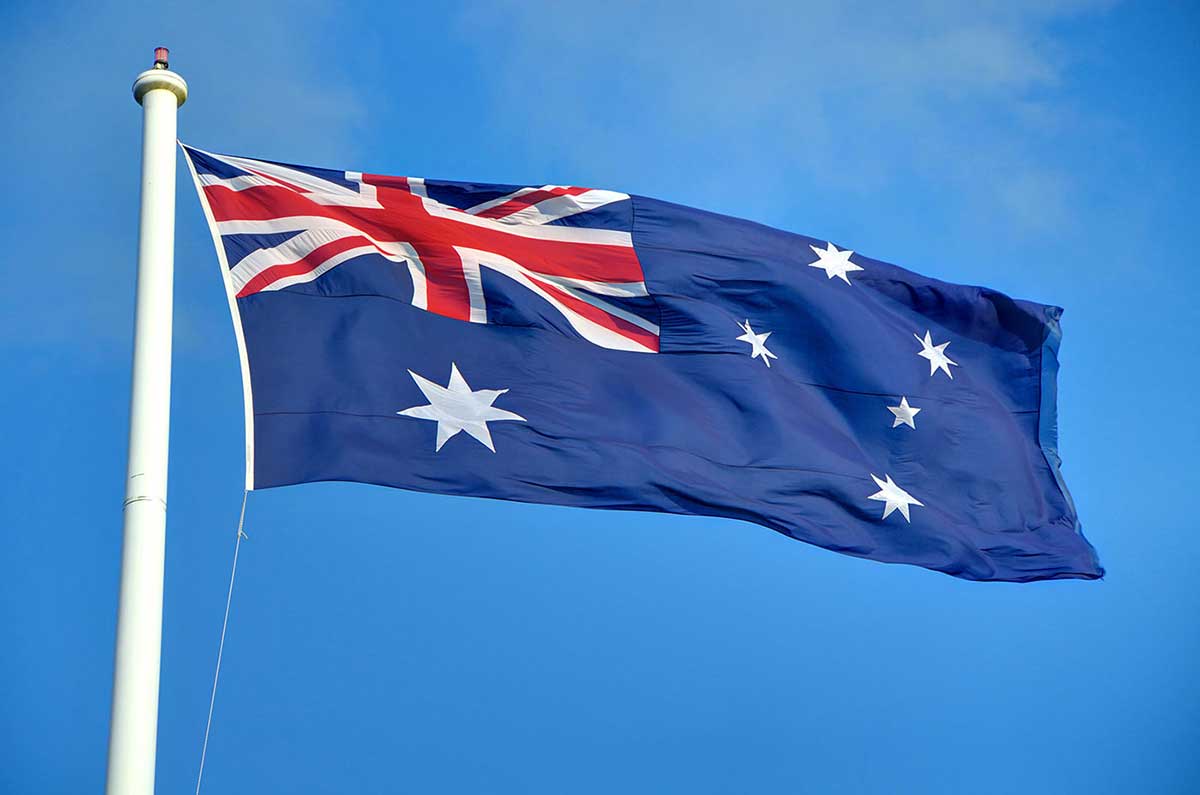

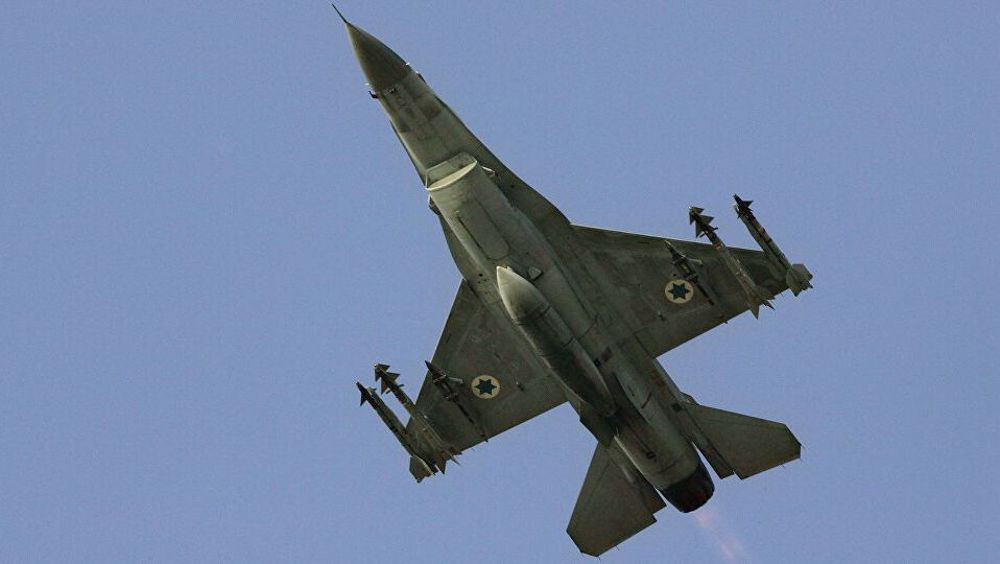
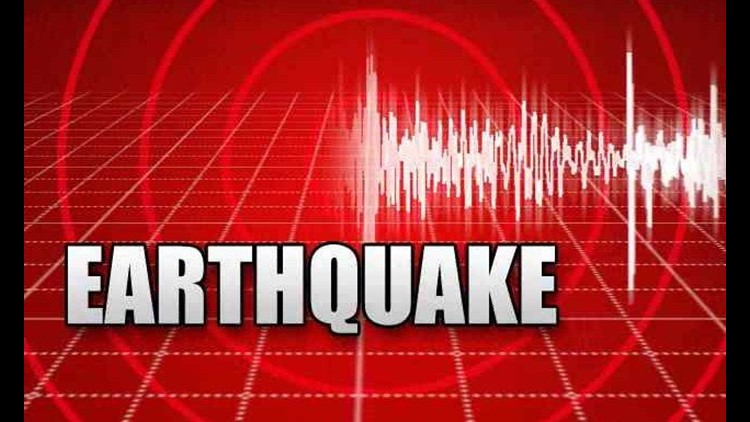
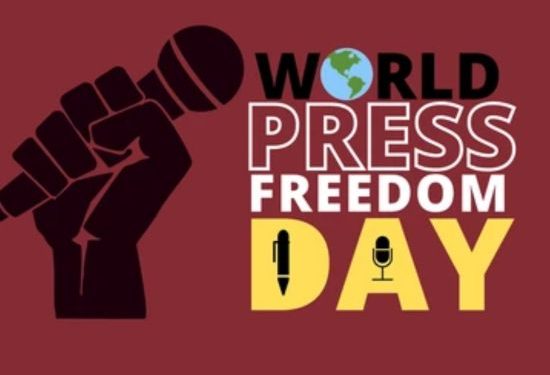
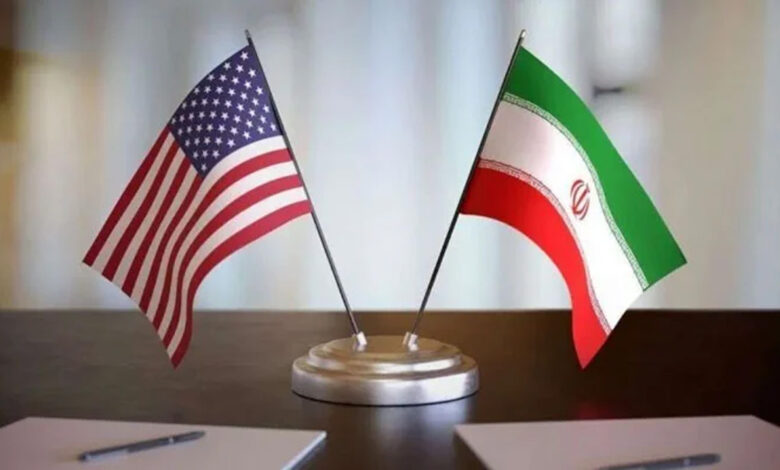
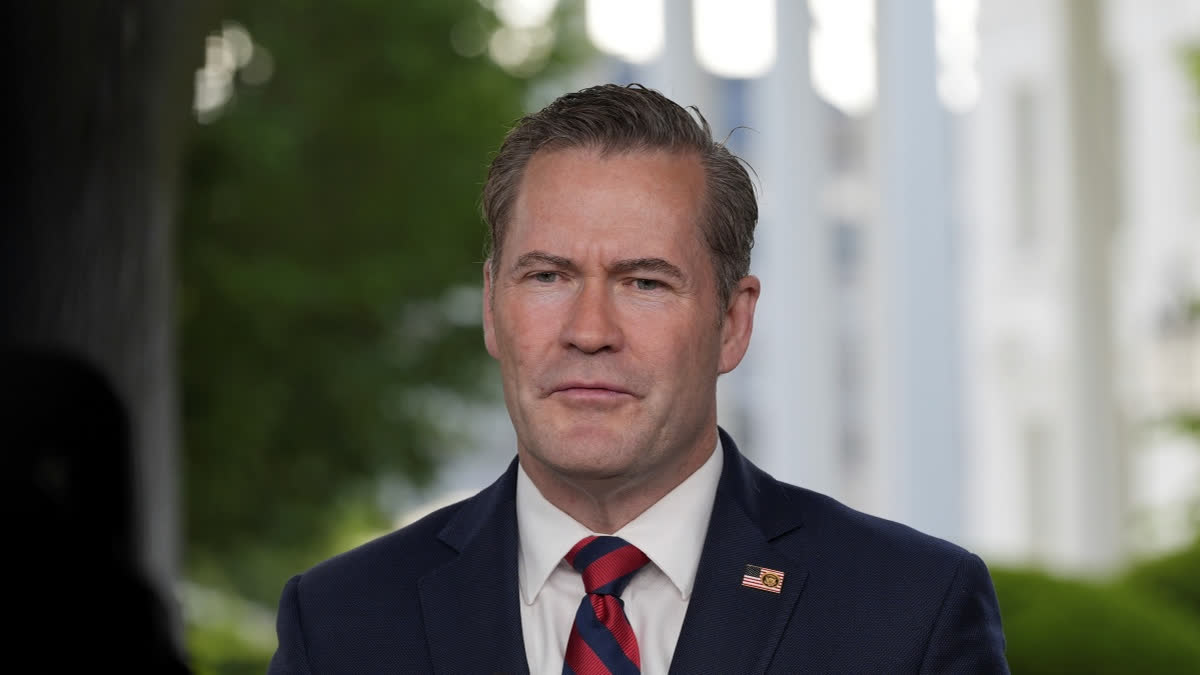
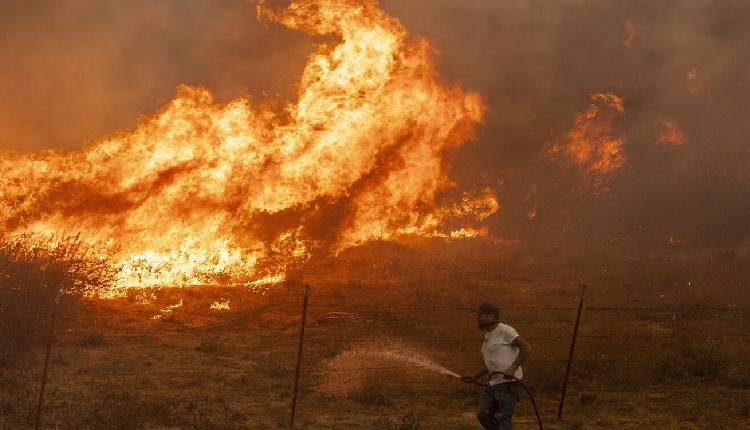
.jpg)
.jpg)
.jpg)
.jpg)
.jpg)
.jpg)
.jpg)
.jpg)
.jpg)
.jpg)
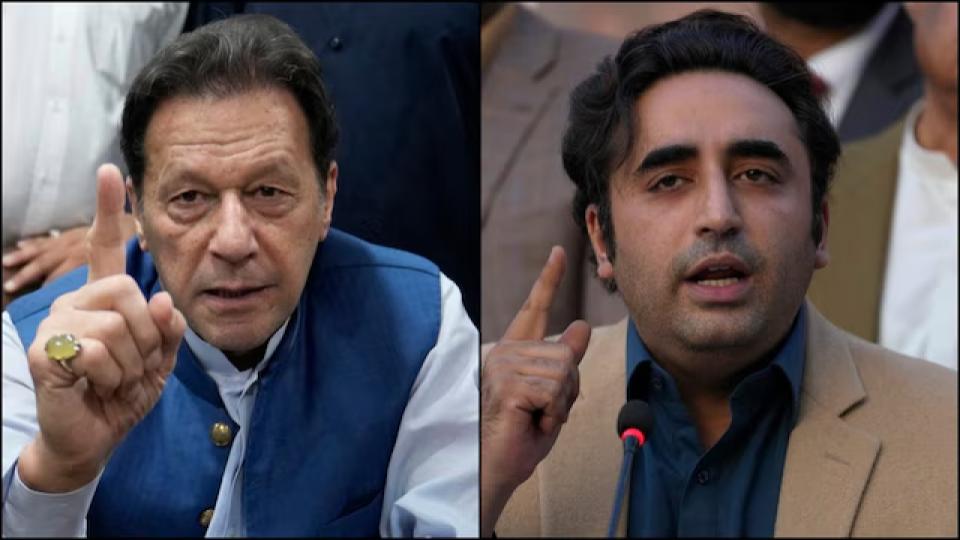
.jpg)
















